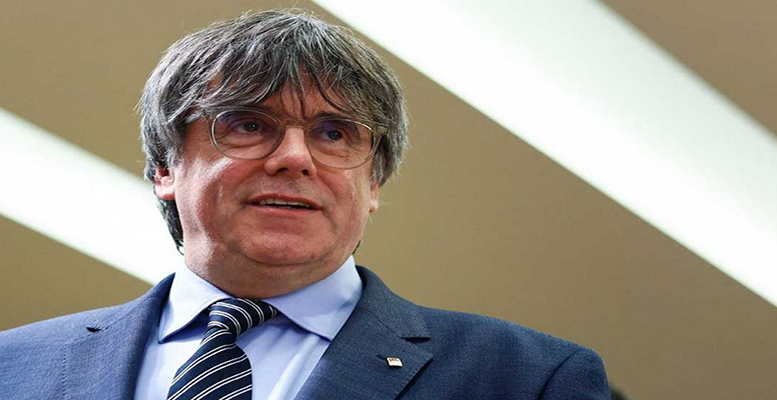Fernando González Urbaneja | If we look at the first versions of the PSOE-Junts agreement, we are faced with a historic event that aims to resolve a conflict that dates back three hundred years. An agreement drawn up on the basis of mistrust between the parties and full of misgivings and more than a few ambiguities. The supporters of the agreement, in their first approximations, say that all’s well that ends well is well that begins well; that the relevance of the agreement will depend on its success. An argument that is useful in the absence of others of greater density.
Among the inconsistencies of the agreement, at first glance, is the fact that the signatories are third rank among the leaders of both parties. How can the signing of a historic agreement be left to subordinates? Moreover, how is it possible that the agreement was signed in Brussels, with remarkable discretion and lack of explanations? If it is so important, how is it possible that it is intended to be operational with a squalid minority in Congress, a minority in the Senate and deep opposition in the judiciary, which is badly eroded and denigrated by the commitments made by the signatories?
These are too many questions for a historic agreement that has no other explanation than the achievement of a sufficient majority for investiture, which is something circumstantial that has become substantial. The declarations that the constitution is a red line are just words that are wind and are as worthless as Pedro Sánchez’s statements, whose proven characteristic is their volatility.
The discretion, opacity, with which the agreement has been negotiated and communicated says a lot about the fact that it is a private agreement between two political groups that aims to compromise the whole of the state. The silence of Pedro Sanchez, replaced by a member of the apparatus who has never had any political relevance or personality apart from acting as the president’s subordinate.
The agreement will be useful for the investiture, but it may soon become a dead letter when it comes up against legal stumbling blocks and obstacles to its implementation that have been tried to be avoided in the agreement, but which will not be so in its implementation.
The most striking thing is that when the pro-independence movement is stalling in terms of the preference of Catalans, Sánchez’s socialism grants them extraordinary power that allows them a success that even the pro-independence supporters themselves did not expect to achieve. The pretence of a “historic pact” stumbles over glaring inconsistencies and pretensions that go beyond the division and respect between the powers of the state.





